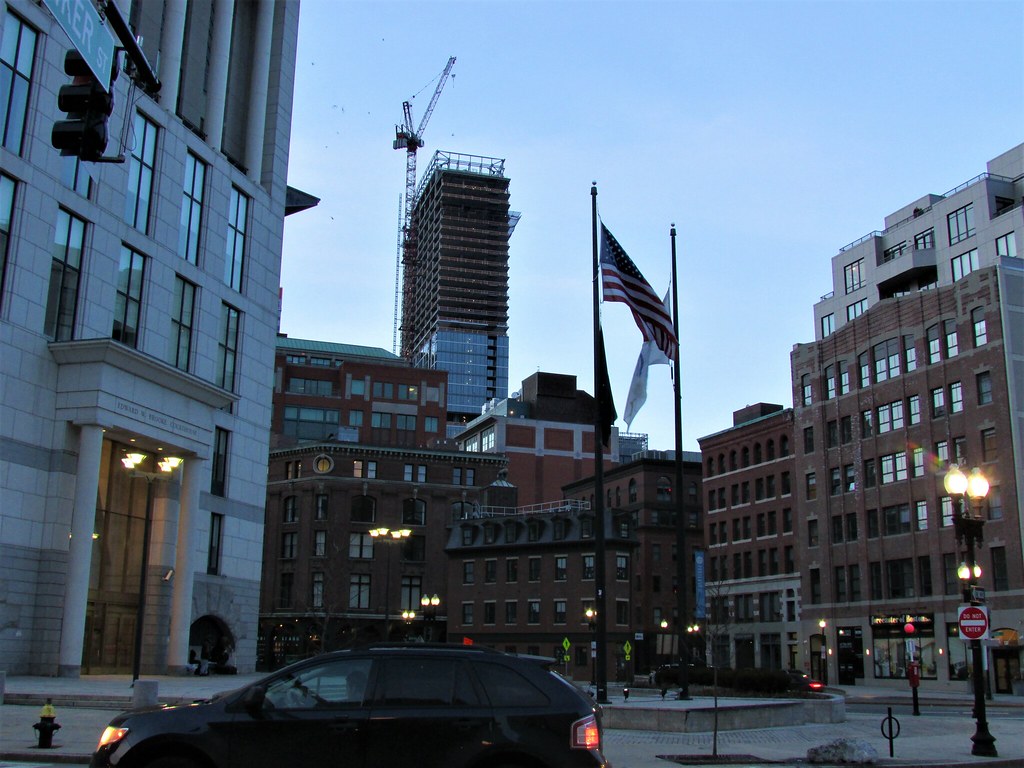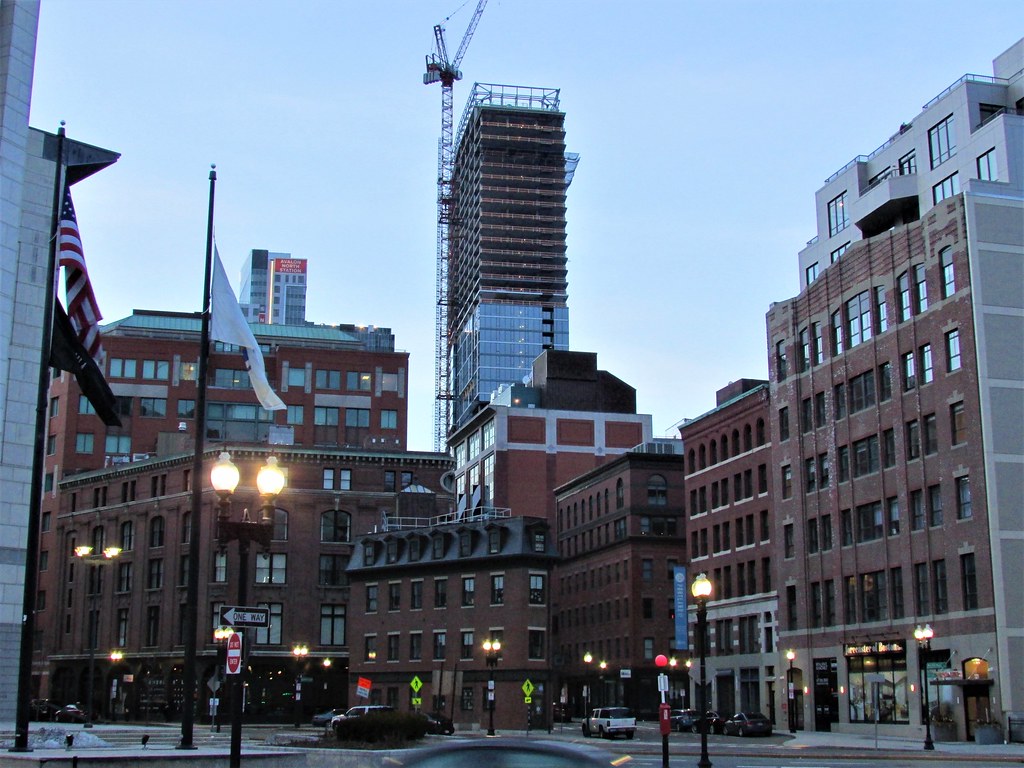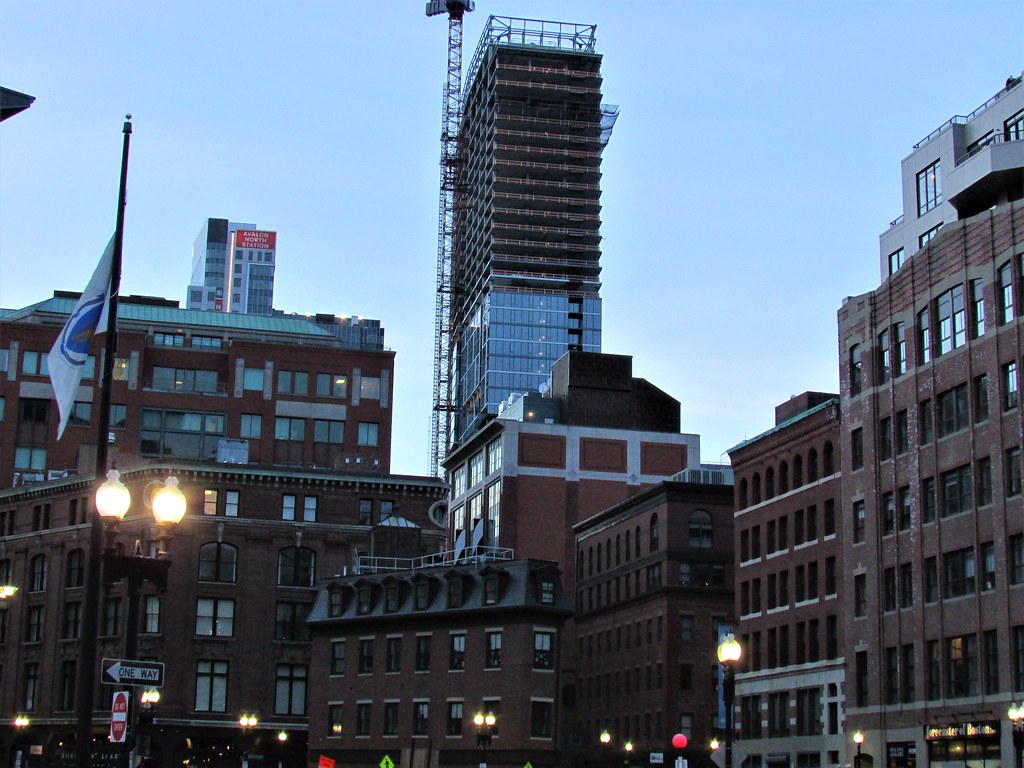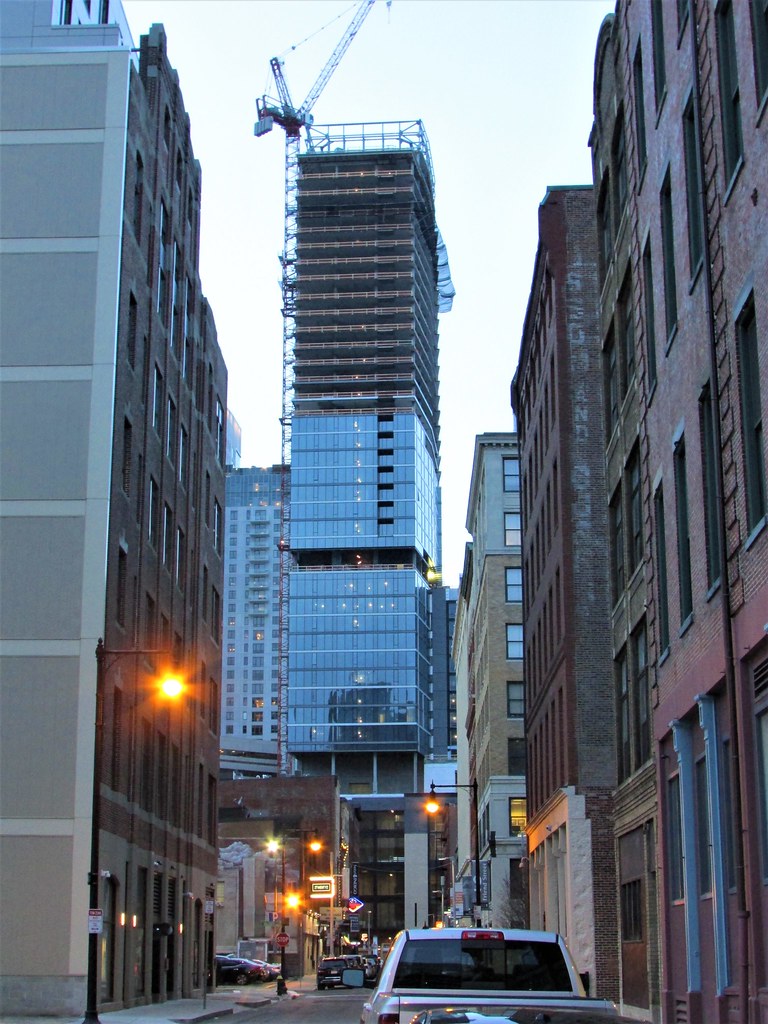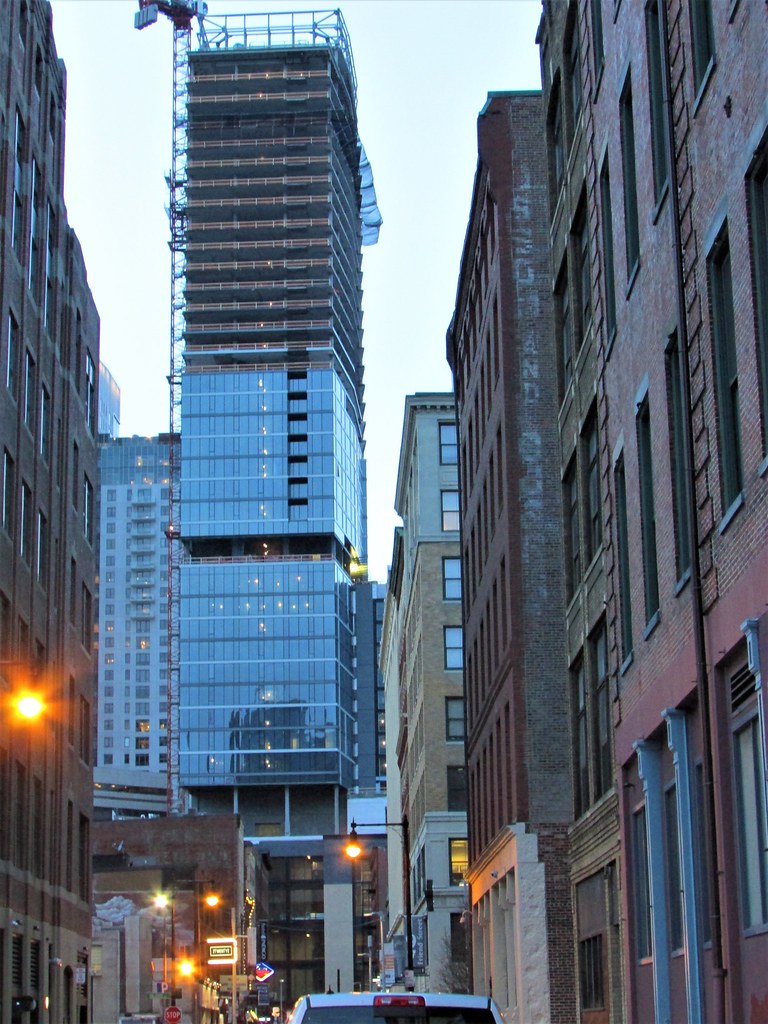Whatever your personal opinion of the piece is, your claim that statler's rebuttal is "obvious to anyone" is just false. Here's an NBER paper making a convincing argument that for colleges, nearly all press is good press, with a mechanism of action (increased media coverage) that is identical to the effect you dismissed: https://www.nber.org/papers/w24852
Personal attack away, but don't do it with data you don't have.
For what it's worth, I don't think my post was much of a personal attack. I do believe the post I was responding to was a personal attack.
I'm sure your paywalled article on the effects of Title IX investigations on college admissions is interesting, but one only needs a quick google search (or a functioning memory) to realize that all publicity is not in fact good publicity. This is the problem with speaking in absolutes and I'm not sure peddling cliches adds much to the discussion. Certainly no one deserves to be called "cranky" for simply pointing out that bad != good.
If we could get back to specifics, would someone like to explain how an article in The Globe about a developer wanting to "rebrand" this area to something the vast majority of Bostonians likely find ridiculous in any way increases the value of this property? To me this seems to be more of a distraction from how great this development really is.
Take this forum as a microcosm. Instead of discussing the amazing views these towers will have or the great convenience of being located above North Station or the fact that this project is adding a grocery store, and a movie theater, and a music venue to the area we're talking about some executive's asinine branding effort. Win!





